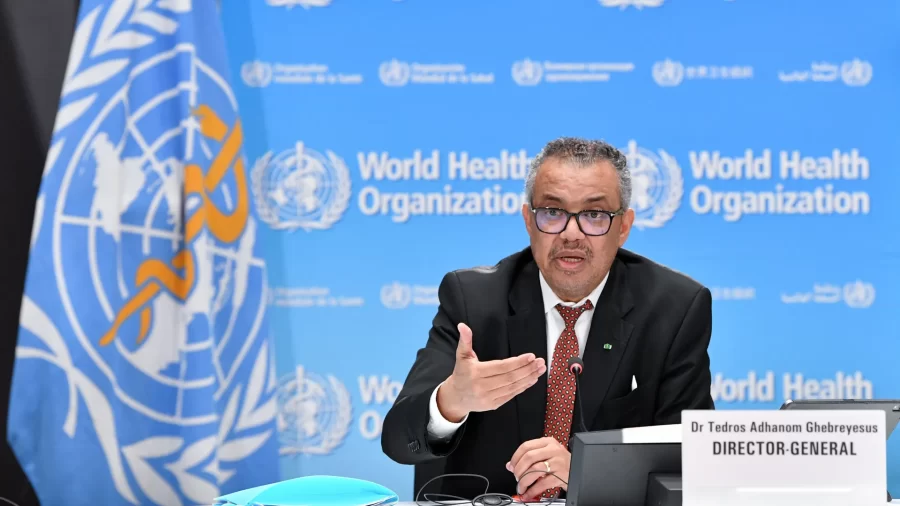COVID-19 no longer a global emergency
The World Health Organization (WHO), the only mandated agency to coordinate the world’s response to acute health threats, officially declared COVID-19 no longer meets the criteria for a global emergency.
WHO Director-General Tedros Adhanom Ghebreyesus acknowledged most nations had already returned to their normal lives post to COVID-19 lockdowns; noting the pandemic is continuing its declining trend for more than a year.
“It’s with great hope that I declare COVID-19 over as a global health emergency,” Tedros said. “That does not mean COVID-19 is over as a global health threat,” he said, warning new variants could yet emerge.
Officials from the United Nations (U.N.) health agency cited recent surges in Southeast Asia and the Middle East as evidence the pandemic hasn’t ended despite the emergency phase.
On May 11, the COVID-19 public health emergency declaration came to an end in the United States. This will in turn end pandemic response measures, such as vaccine mandates and free government COVID-19 tests. Similarly, many other nations last year such as Germany, France, and Britain, abandoned the majority of their precautions against the pandemic.
According to CNN, in a list of temporary recommendations, Tedros said countries should continue vaccinating people and incorporating the COVID-19 vaccines into routine care. He also emphasized how improving disease surveillance, maintaining a strong healthcare system, and adjusting international travel measures based on disease risk, were necessary to avoid a panic-neglect cycle.
Even though he acknowledges the world is better equipped to manage the what? Tedros remains “ concerned by the situation in many countries and the rising number of deaths.”
According to the WHO, the virus continues to claim the lives of thousands of people each week, and millions more continue to experience its long-lasting effects.

